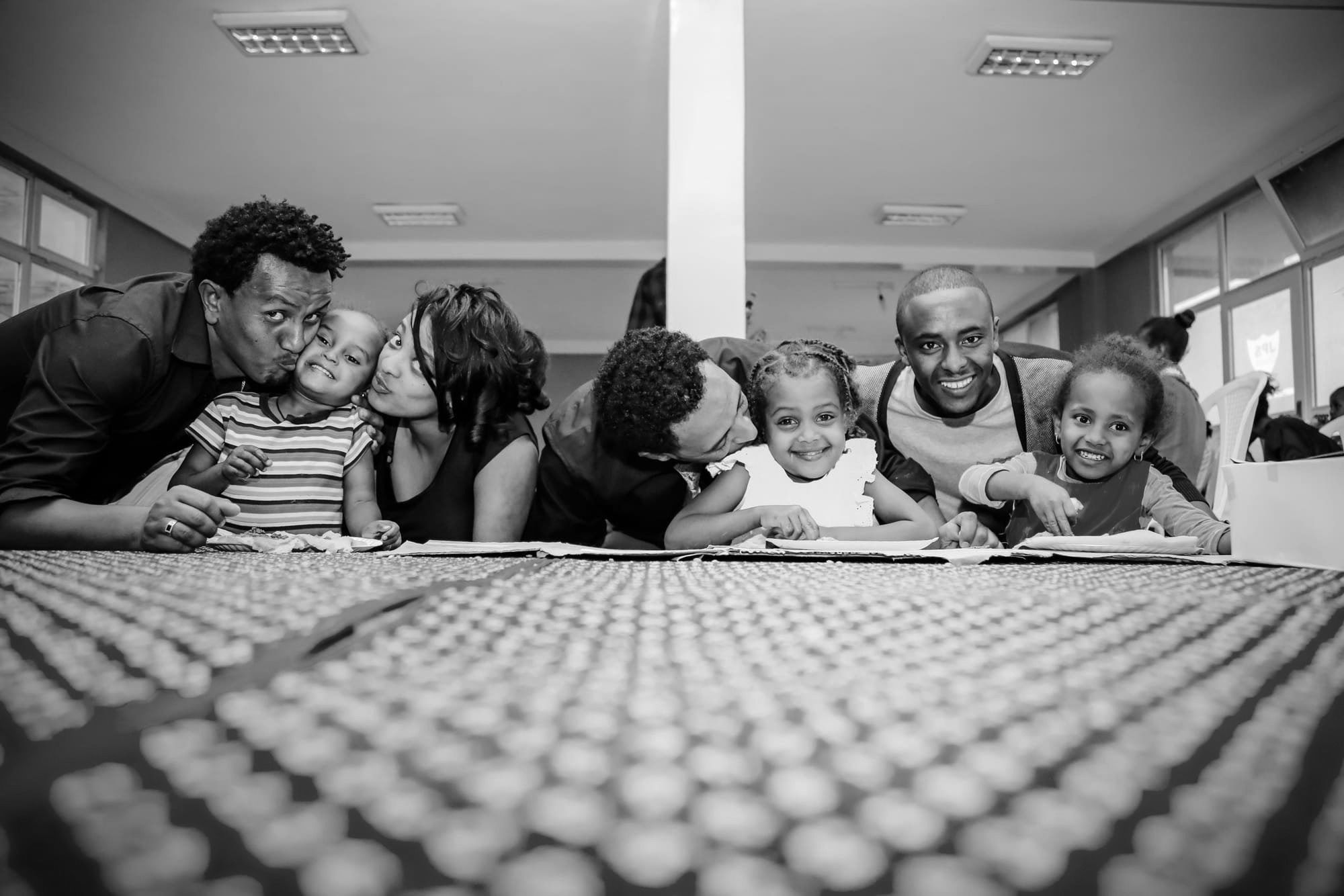Assessment Meeting and Next Steps (MIAM)

Welcome to our mediation service, where we aim to provide a safe and effective platform for resolving conflicts. During the assessment meeting, your mediator will introduce themselves and explain their role in the process. For more information about our skilled mediation team, please refer to our dedicated page.
Objectives of the Assessment Meeting
The assessment meeting serves several crucial objectives, which your mediator will guide you through. These include:
Understanding the Role of Mediation: Your mediator will ensure that you have a clear understanding of what mediation can and cannot achieve in your specific situation.
Safety Assessment: We prioritize the well-being and safety of all individuals involved. The mediator will assess whether mediation is a suitable and secure option for you and the other parties.
Identifying Key Issues: Gathering essential information about the main issues that can be addressed during the mediation process is vital to its success. The mediator will explore these areas of concern.
Exploring Legal Aid Options: We understand the financial implications of legal processes. The assessment meeting offers an opportunity to assess whether you may be eligible for legal aid to support you throughout mediation.
Providing Resources: We aim to assist you beyond mediation itself. Your mediator will provide recommendations and refer you to other organizations that can offer additional support during your separation.
Confidentiality and Support
Rest assured, the assessment meeting is held in a private and confidential setting. However, if you desire emotional support, you may bring a friend or relative along this has to be pre agreed. Please note that there may be moments when the mediator requests their temporary absence from the meeting if deemed necessary.
Occasional Attendance by Additional Parties
In some instances, a trainee mediator or another person may attend the assessment meeting. We will always inform you about their presence and the reason for it. If you feel uncomfortable with their participation, please feel free to express your concerns to your mediator, who will accommodate your preferences.
Assessment Meeting Conclusion
At the conclusion of the assessment meeting, your mediator will provide their professional opinion regarding the suitability of mediation for resolving your issues. They may determine that mediation is suitable for all or some of the matters at hand or not suitable at all.
Alternative Options
If you and your mediator mutually agree that mediation is not the preferred approach, your mediator will assist you in completing the relevant court forms. In children cases, this typically involves the signed page and the C100 form, while asset cases require Form A.
Moving Forward with Mediation
If mediation is deemed the appropriate option, we will proceed with inviting the second party to their own assessment meeting. This step ensures that both parties have an equal opportunity to assess the suitability of mediation and prepare for the next stage.
By providing a comprehensive assessment meeting, we strive to facilitate a successful mediation process that caters to your specific needs and concerns.